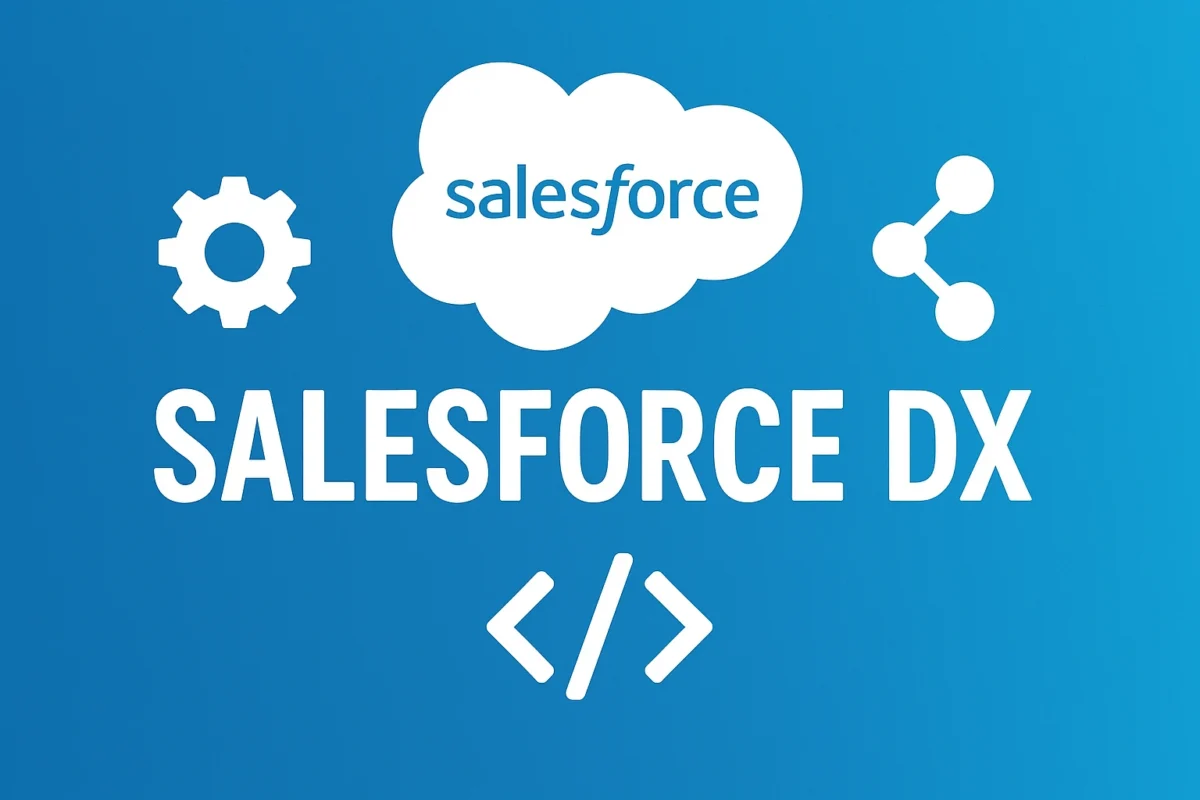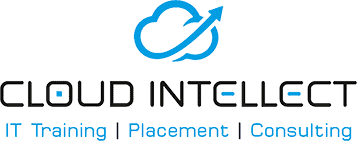
Salesforce DX (Developer Experience) is a powerful development toolset that transforms the way developers build, test, and deploy applications on the Salesforce platform. Whether you’re a solo developer or part of a large team, Salesforce DX offers a modern and collaborative approach to managing Salesforce applications with version control, automation, and continuous integration.
In this article, we’ll explore what Salesforce DX is, its benefits, key features, and how you can get started with it effectively.
What is Salesforce DX?
Salesforce DX is a set of tools and features designed to improve the developer experience when working on the Salesforce platform. It brings modern software development practices such as:
-
Source-driven development
-
Continuous integration and delivery (CI/CD)
-
Team collaboration using Git
-
Scratch orgs for testing and development
Instead of making changes directly in a production org or sandbox, Salesforce DX encourages a version-controlled, modular development process, where code and configuration are stored in a source repository.
Key Features of Salesforce DX
1. Scratch Orgs
Scratch orgs are disposable, source-driven environments that can be created and configured as needed. This makes testing and development faster, more consistent, and isolated from production data.
2. Source Control Integration
Salesforce DX is designed to work seamlessly with source control systems like Git, enabling better collaboration, code tracking, and version management.
3. Salesforce CLI (Command-Line Interface)
The Salesforce CLI is a powerful tool that lets developers automate tasks like creating orgs, pushing and pulling metadata, running tests, and deploying code.
4. Unlocked Packages
With unlocked packages, developers can modularize components and reuse them across projects. This improves maintainability and scalability of codebases.
5. Continuous Integration and Delivery
Salesforce DX supports automation tools like Jenkins, GitHub Actions, and Bitbucket Pipelines, making it easier to build, test, and deploy automatically.
Benefits of Using Salesforce DX
-
🔧 Improved Developer Workflow
Developers can work in isolated environments and push changes directly from their code editor to Salesforce. -
🌐 Collaboration Across Teams
By using Git, teams can work on different features simultaneously, reducing conflicts and deployment issues. -
📦 Modular Code Management
Code can be organized into smaller, manageable packages, improving reusability and maintainability. -
⏱️ Faster Testing and Deployment
Scratch orgs can be quickly created and destroyed, streamlining the QA process.
How to Get Started with Salesforce DX
Here’s a quick overview to begin your Salesforce DX journey:
-
Install Salesforce CLI
Download and install the Salesforce CLI from the official Salesforce site. -
Authenticate to Your Dev Hub
-
Create a Scratch Org
-
Push Source to Scratch Org
-
Open Your Scratch Org
-
Run Tests and Deploy
Use CLI commands to automate testing and deployment as needed.
Use Cases of Salesforce DX
-
Agile Development – Supports fast, iterative development cycles.
-
DevOps Enablement – Works seamlessly with CI/CD pipelines.
-
ISV Development – Simplifies packaging and distributing managed apps.
-
Team Collaboration – Allows multiple developers to work in parallel without affecting production.
Best Practices for Salesforce DX
-
Use version control from the start.
-
Always develop in scratch orgs, not sandboxes.
-
Write automated tests for continuous integration.
-
Use namespaces and packages for scalable projects.
-
Regularly backup and document your configurations and workflows.
You may like : Mvc In Salesforce
FAQs About Salesforce DX
Q1: Is Salesforce DX free to use?
Yes, Salesforce DX tools like CLI, scratch orgs, and source tracking are available for free with a Developer Edition org.
Q2: What is a Dev Hub in Salesforce DX?
Dev Hub is a special Salesforce org that manages scratch orgs and enables Salesforce DX functionality.
Q3: Can I use Salesforce DX with VS Code?
Absolutely! The Salesforce Extension Pack for VS Code offers a rich DX-compatible development environment.
Q4: Are scratch orgs permanent?
No, scratch orgs are temporary environments that expire after a few days (up to 30 days max).
Conclusion
Salesforce DX revolutionizes how developers build on the Salesforce platform by bringing modern, source-driven development practices into the ecosystem. Whether you’re building custom applications or deploying enterprise solutions, adopting Salesforce DX will lead to faster releases, cleaner codebases, and more efficient teams.
Start exploring Salesforce DX today and unlock the true potential of modern Salesforce development!

